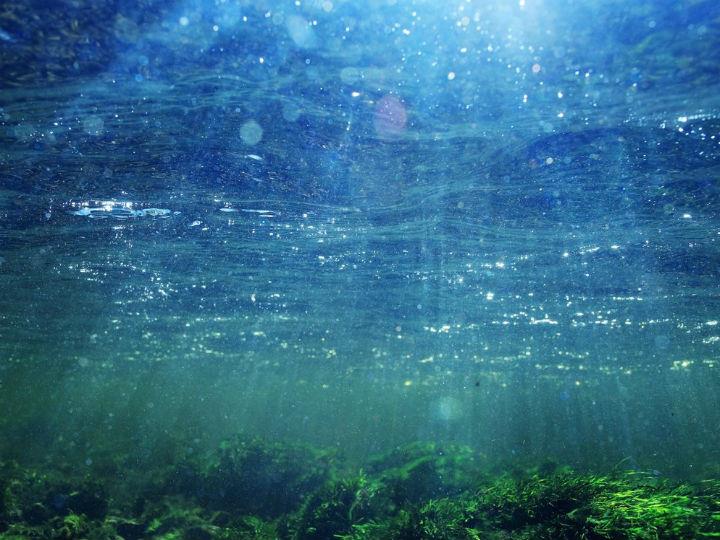by Peter Beech*
Using waste food to farm insects as fish food; and high-tech real-time water quality monitoring: innovations that could help change global aquaculture, were showcased at the World Economic Forum’s Virtual Ocean Dialogues 2020.
Two young entrepreneurs addressed a breakout session of the event called Harnessing the Power of Innovation to Achieve SDG14. Syrine Chaalala, co-founder of the French-Tunisian company nextProtein, and Charlotte Dupont, co-founder of the French company BiOceanOr, revealed the ideas that drove their rapidly accelerating startups.
Chalaala’s nextProtein uses food waste to mass-produce insect protein to feed farmed fish in place of fishmeal – the production of which, often from corporate fisheries’ by-catch, can lead to the depletion of ecosystems and the collapse of local fisheries. As our demand for farmed fish is growing 8% a year, her innovation could play a vital role in reducing the knock-on impact of aquaculture on the ocean.
She said that farming insects requires a fraction of the space as animal feed production – 100 square metres of space can produce as much protein as 100 hectares of soy field.
“Because we wanted to have maximum impact, we wanted to provide solutions to other problems,” said Chalaala, naming food waste and land scarcity as two key issues her business tackles. “Here, we can convert 20 kilos of food waste into 1 kilo of product.”
The method uses vertical farming, little energy and almost no water – testament, said session host Christian Lim of Blue Oceans Partners, to the efficiency of the insects at thriving on low input. The insect nextProtein uses is the Black Soldier Fly, selected due to its high-yield quality, and the ease of processing it into powder, oil and fertilizer. Her business is aiming to produce 100,000 tonnes of insect protein annually by 2025 – or around 10% of the insect meal market.
Meanwhile Charlotte Dupont and her colleagues at BiOceanOr have developed what they term “the first underwater weather station for real-time monitoring of water quality”. One of its many applications is for fish farmers who aren’t yet monitoring their water quality in real time.
She painted a picture of an industry that is only reluctantly changing, with water quality largely still monitored by hand. Since this process is time-consuming and arduous, it’s generally done only once a day. But once the firm’s underwater ’weather-stations’ are installed, farmers can get a moment-by-moment grasp on conditions for their stock.
“Our first customer called us a few days later to tell us our tool wasn’t working – the oxygen levels couldn’t be so low,” she said. But the equipment was fine: the unprecedented readings had thrown him. He was used to taking his readings only once a day, in the late morning, and had no idea how low oxygen levels could get overnight.
“There are a lot of aquaculturists who don’t realize right now the power of real-time monitoring,” said Dupont. “It’s a knowledge that they transmit from generation to generation, like agriculture a century ago: ’I know it because my father knows it’. They think there’s nothing you can learn from tools, but just as in agriculture, there’s a lot you can learn.”
“I think data will be really central in the future,” said Dupont, predicting a future where people subscribe to the water forecast just as today they subscribe to a weather forecast.
“With sensitive ecosystems like reefs and coastal systems, people will be able to subscribe to the data and see what is going on,” she said. These water-quality forecasts will play a vital role in protecting ocean health.
*World Economic Forum writer
**first published in: www.weforum.org




 By: N. Peter Kramer
By: N. Peter Kramer
